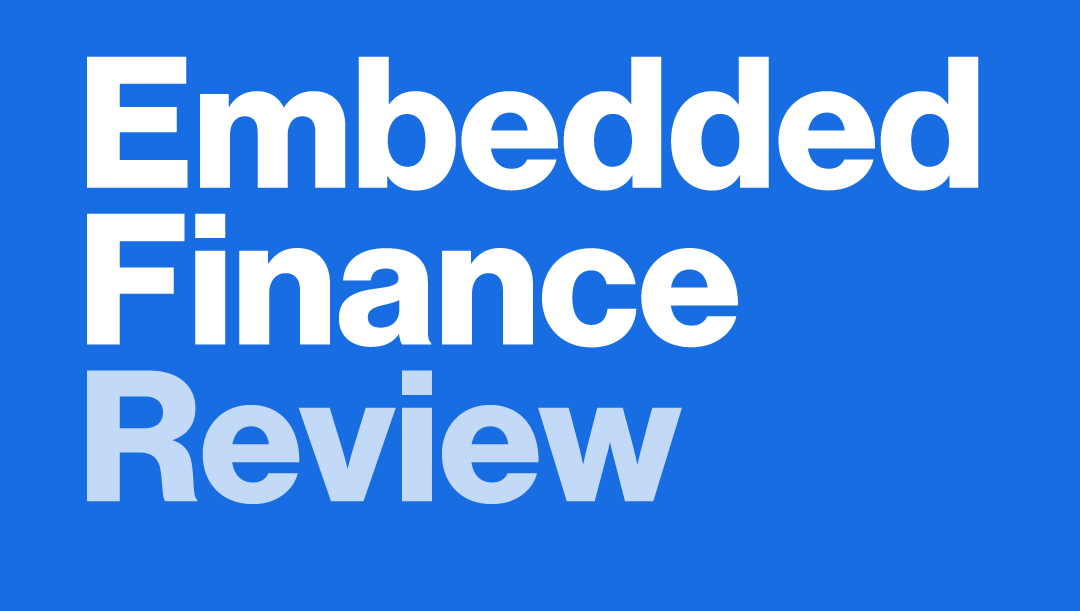In this episode of the Embedded Finance Review podcast, I sat down with Tino Keller, co-founder of Accountable, a Belgian startup helping freelancers in Belgium and Germany manage their taxes and finances. Recently, Accountable launched its own embedded banking product, a milestone in its journey to make self-employment as seamless as employment. We discussed why Accountable entered the embedded banking space, how the launch is going, and what the future holds following their acquisition by Visma.
The Origins and Mission of Accountable
Founded to help self-employed individuals manage taxes and gain financial clarity.
Users can scan receipts, send invoices, and file tax declarations from one app.
Launched a banking feature to transition from "All your taxes done" to "All your finances done right."
Accountable's Growth and Market Footprint
Active in Belgium and Germany, with a product live since early 2020.
40,000 users in total, 26,000 of which are paying customers.
The team has grown to ~70 people and expects to hit 100 by the end of the year.
From Open Banking to Embedded Banking
Initially, Accountable relied on open banking integrations enabled by PSD2.
Challenges with open banking included poor user experience (UX), broken connections, and limited transaction history.
The decision to build their banking stack was driven by user feedback and the maturity of their infrastructure.
Why Accountable Launched a Banking Product
Open banking didn’t meet their quality standards.
Embedded banking became feasible due to improved BaaS infrastructure and better business case viability.
Launch timed when product-market fit, internal readiness, and tech maturity aligned.
The Accountable Banking Product
Offers a free business account and debit card with built-in tax-savings features.
Frees freelancers from having to choose expensive or unsuitable business bank accounts.
Encourages better financial hygiene by physically separating tax money from spendable income.
Customer Adoption and Financial Impact
Soft-launched in February with strong early traction: 300+ users in the first week, 40% user growth, and 20% increase in ARPU.
95% user satisfaction with the banking feature.
Uses Swan as the banking-as-a-service partner.
How Embedded Banking Changed the Organization
Created a dedicated banking product team and customer success team.
Introduced new internal workflows and faster iteration cycles.
Elevated Accountable's identity from tax assistant to full-stack fintech for freelancers.
Looking Ahead: Insurance, Pensions & More Embedded Finance
Accountable sees future potential in offering insurance and pension products.
The mission is to make freelancing feel as financially secure and seamless as full-time employment.
Embedded finance unlocks opportunities to become a digital CFO for solopreneurs.
Acquisition by Visma and Strategic Synergies
Recently acquired (via investment) by Visma, the Norwegian software giant.
Will remain operationally independent but benefit from group synergies and expertise.
Opens up future collaboration opportunities around financial services across Visma’s portfolio.
Final Thoughts
Tino Keller and Accountable are a perfect case study in how embedded finance can evolve from solving a niche pain point (freelancer taxes) into offering a broader financial services stack. By owning the banking layer, they’ve deepened customer loyalty, improved monetisation, and positioned themselves for long-term growth.




